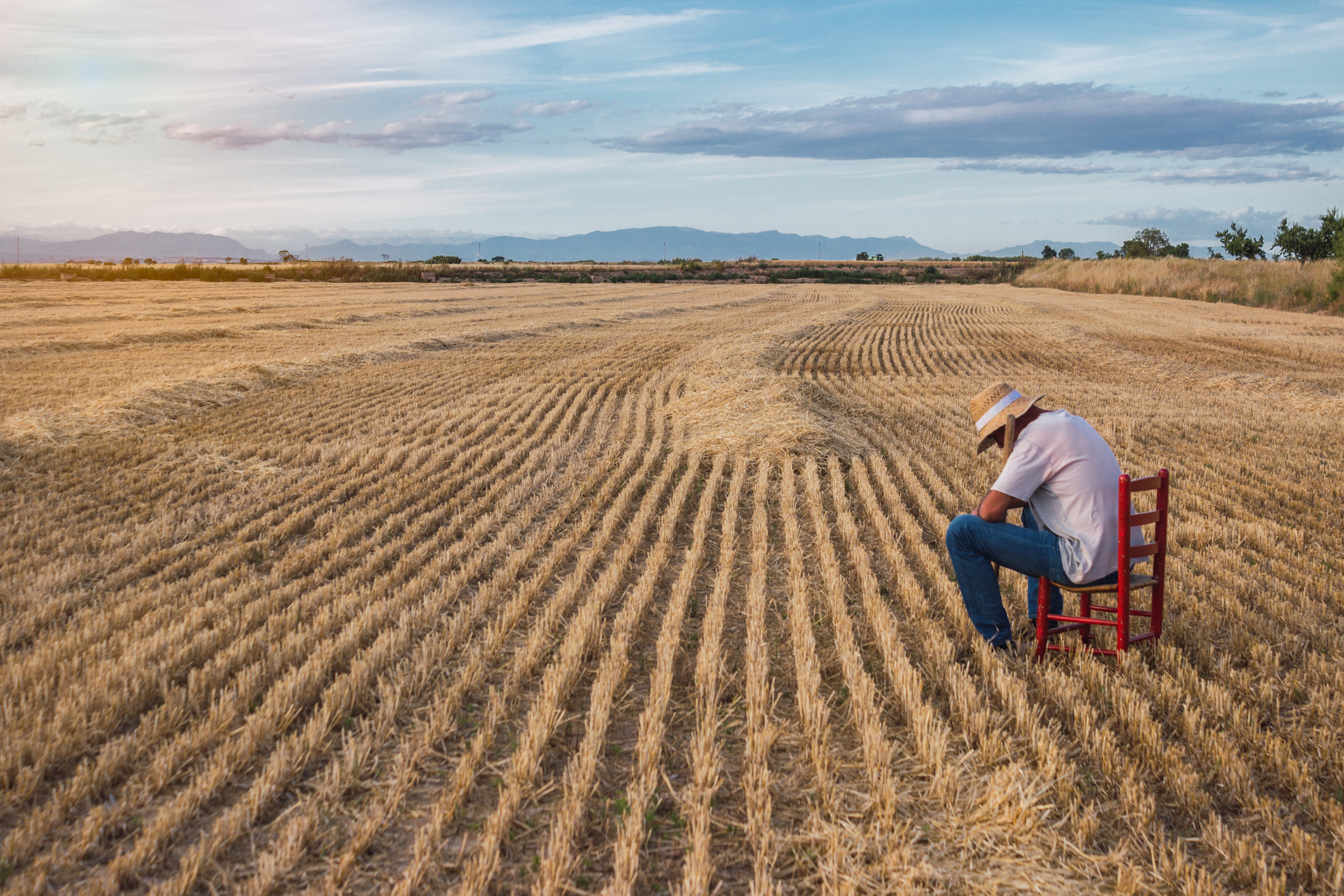During a November 30 work session in the Washington State Senate, a claim was made that agricultural employers were reneging on “the deal” for overtime pay that was settled back in 2021 by trying to work toward seasonal flexibility. A look at the history of the agreement shows the opposite is true – legislators backed out of the deal at the last second and agricultural employers are trying to restore that original agreement.
When SB 5172 was introduced the primary objective of the one-and-a-half page bill was to protect employers from retroactive backpay lawsuits when backpay would “create a substantially inequitable result.” The bill was a direct response to the Washington State Supreme Court decision in Martinez-Cuevas v DeRuyter Bros Dairythe previous fall. In the case, the court ruled it was inherently unsafe for dairy workers to work longer than 40 hours and, if they were going to do so, they must be paid time-and-a-half for their work. The dairy workers who brought suit in the case were also awarded damages for not having received paid rest breaks or paid lunch breaks during their employment.
Because the court ruling changed the interpretation of the overtime exemption for exempt employment in Washington state, SB 5172, in its original iteration, would have stopped additional suits being filed solely on the basis of overtime.
During weeks of negotiations, amendments to the bill were negotiated amongst members of the Senate Labor committee. Just before the deadline for passing bills in the legislature, in a floor amendment to the bill, the entire spirit of the legislation was changed, phasing in overtime for all agricultural employees.
One of the agreements in the original negotiations was an opportunity to revisit the bill after it was passed to add flexibility, acknowledging the seasonal nature of agriculture. That agreement was removed in the final iteration of the bill.
Washington state is not the only state in the U.S. to have an overtime law for agricultural workers. We are, however, the only state that does not have a self-determined seasonal flexibility window, a higher overtime threshold, a tax incentive, or some combination of those options to ease the burden on agricultural workers and their employers.
This agreement has not been honored by Senate Labor committee leadership. In fact, during the last legislative session, when a seasonal harvest flexibility bill received a hearing, farmworkers’ words were intentionally misrepresented and met with editorializing comments from members of the committee.
In addition to the testimony heard during the last legislative session, there is anecdotal evidence to suggest farmworkers are bearing the real burden of the regulatory requirements placed on their employers. In 2020, the estimated average wage of farmworkers in our state was $18/hr. At that rate, farmworkers were earning $4,680 in gross wages for a 65-hour workweek a month. This year, farmworkers earned $23/hr. to do the same job. At that rate, farmworkers earned $4,416 for a 48-hour workweek as employers reduced hours to adjust for costs; a $264 reduction in monthly pay.
During the Senate Labor committee hearing last legislative session, agricultural employers were criticized for “not paying” overtime and “capping” hours of their employees, an outcome that both employers and workers warned would occur.
Legislators have been repeatedly warned farm incomes are finite and that, unlike other businesses, farms are not able to set their own prices for the goods they sell. When state and federal regulations continually make the cost of agricultural production more expensive – fuel cost increases, Labor & Industries increases, tax increases, license increases, pesticide cost increases, minimum wage increases – they take away from the ability of producers to pay overtime wages to their employees.
Seasonal flexibility, a tax incentive, an increased threshold before overtime begins, or a combination of those things, would increase monthly pay for agricultural workers. Decreasing the regulatory burden on farms and ranches in our state frees up more funds to give back to hardworking employees who have been hit most by the new regulations.





